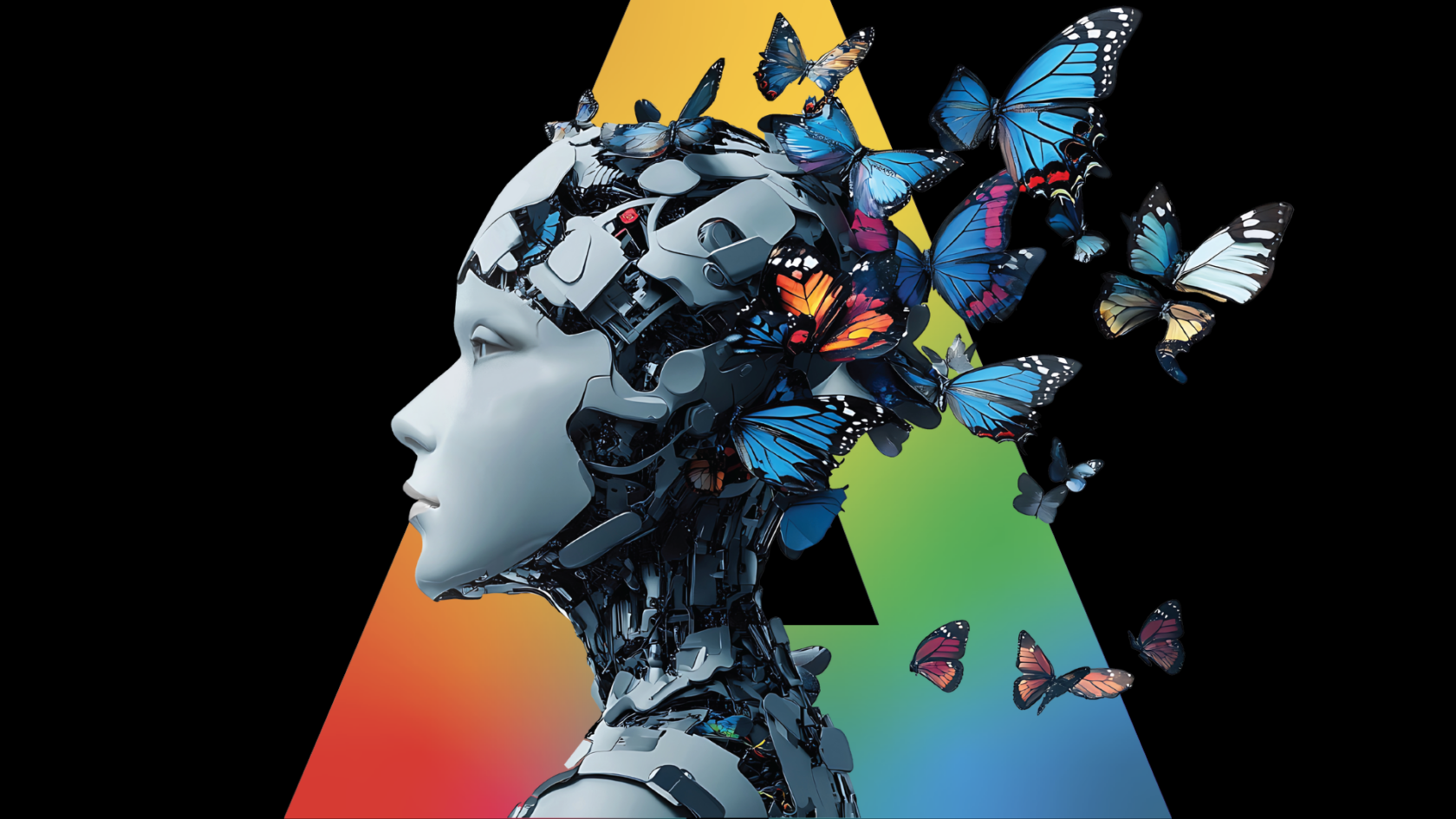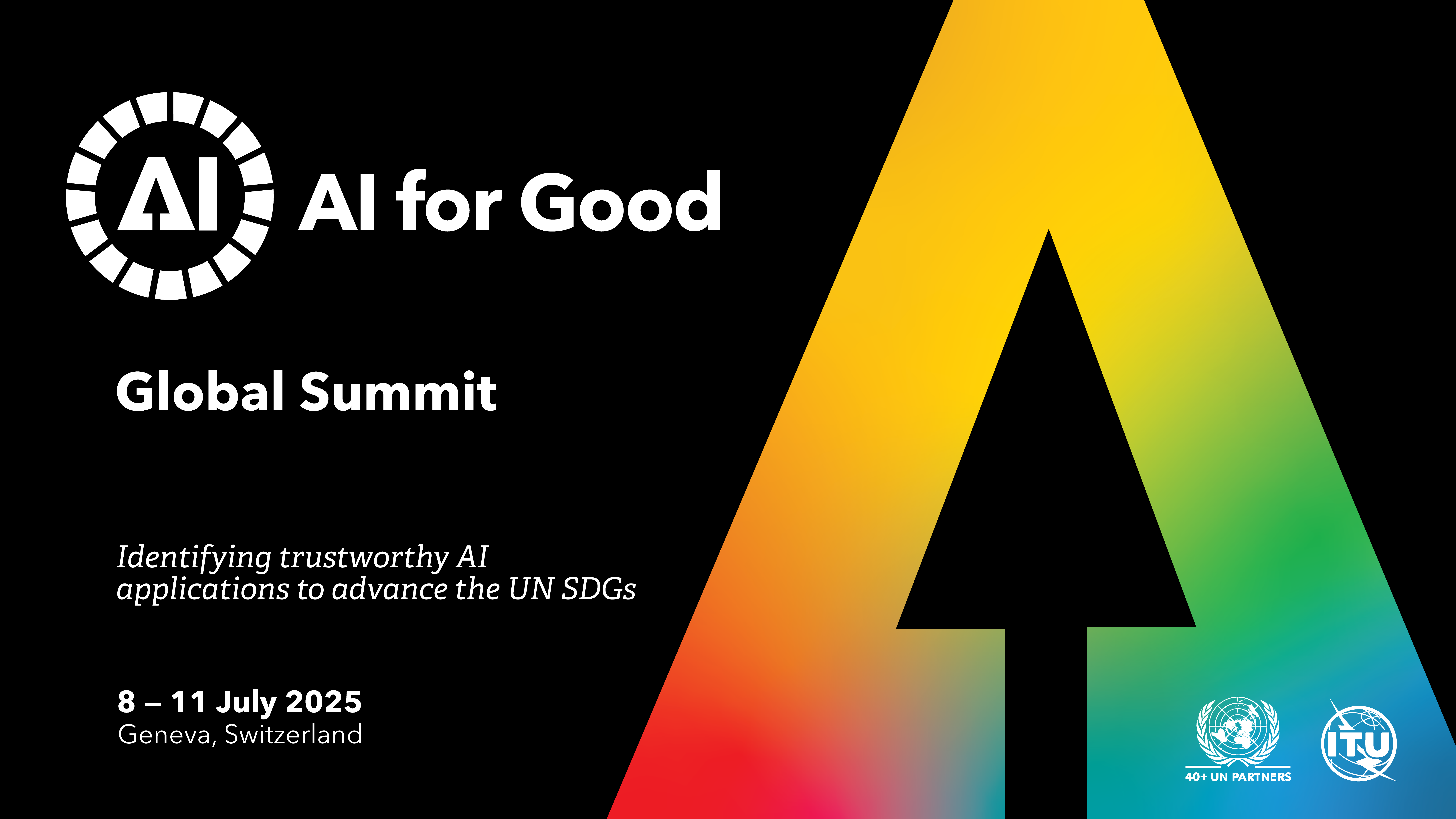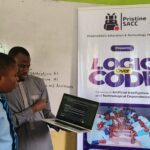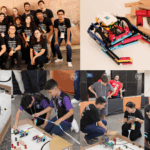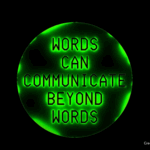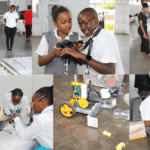Robots and AI-powered products are increasingly used for tasks that can have a high impact on our daily lives.
AI-powered products are, for instance, changing the way hiring procedures, credit ratings, or fraud detection are being carried out.
Robots are being used to support and replace humans in dull, dirty or dangerous tasks: drones for search and rescue, warehouses powered by robots, or surgical robots assisting surgeons.
While robots and AI-powered products may be working behind the scenes today, we can expect them to become a more pervasive part of our lives in the near future. But for most people it is hard, if not impossible, to understand how these products operate.
How can you, as a consumer, make sure that robots and AI-powered products are being made in a responsible manner and are doing what they are supposed to do?
To address these questions, the Foundation for Responsible Robotics (FRR) and Deloitte are developing the FRR Quality Mark for Robotics and AI: a quality mark that ensures that robots and AI-powered products are made in a responsible way, with attention to human rights and values.
“Our aim is to create a culture of responsible development of robotics and AI, to promote public well-being for us and for the coming generations.” — Aimee Van Wynsberghe, Delft University of Technology
The aim is to create a recognizable quality mark for consumers, comparable with the Fairtrade quality mark for products that have been produced to Fairtrade Standards.
“As a consumer, you should be able to rely on a standard,” says Marc Verdonk, partner Emerging Technology at Deloitte. “You don’t have to understand all the details of the technology, you just have to know that someone with the right expertise using the right framework can ensure it is being made and used in a responsible way.”
Developing a framework
FRR is a non-profit organisation with a charity status that aims to create a future of robotics and AI that are responsibly designed, developed and used. The board of the FRR consists of experts in ethics, robotics and AI, under the leadership of Aimee van Wynsberghe, assistant professor in Ethics of Technology at the Delft University of Technology.
All products using robotics or AI will be able to apply for the quality mark.
“Our aim is to create a culture of responsible development of robotics and AI, to promote public well-being for us and for the coming generations,” says Van Wynsberghe. Deloitte supports FRR through the Deloitte Impact Foundation and is contributing its AI and auditing expertise to FRR to help create the FRR Quality Mark for Robotics and AI.
“We want to do for robotics what Fair Trade did for coffee.” Watch the video:
Although the overall scope for the FRR Quality Mark for Robotics and AI is still being discussed, an important premise of it is to ensure that human rights and societal values are dealt with throughout the entire chain of creating the product. All products using robotics or AI will be able to apply for the quality mark. “That can be a wide variety of products,” explains Verdonk, “like algorithms, robots, smart devices and connected toys.”
For consumers, the FRR Quality Mark for Robotics and AI can help them trust a technology that can be hard to understand.
During the assessment, the FRR Quality Mark for Robotics and AI will take a close look at the product, such as the controls related to actuators, communication interface, sensors, data storage and firmware. Moreover, it will take a close look at the AI engine: How are the algorithms trained and tested? Can the algorithms be changed without authorisation? The quality mark will also look at the policies and procedures used by the company that creates the product.
“In all these aspects, the principles of creating something in an ethical manner have to be safeguarded,” says Verdonk.
Ensuring security and privacy
One aspect the FRR Quality Mark for Robotics and AI will take into account is security.
“If you want to promote the responsible use of robotics AI, security is very important,” says Verdonk. “With large robots or drones, security should always be a priority. Or think of a doll that uses AI to interact with children. If the doll can be hacked and used for something completely different, the consequences can be disastrous.”
“Companies want to show their customers that they actually do care about ethics. An independent quality mark can help to demonstrate that they take ethical considerations seriously.” — Mark Verdonk, Deloitte
Another aspect is privacy.
“Take, for example, delivery robots,” says Verdonk. “They need cameras to see the road. In theory, these cameras are able to film people who are passing by. But you can also consciously design the robots in a way that the camera is unable to film anyone above their knees, like the self-driving delivery robot of Starship Technologies. Respecting people’s privacy through this design choice is an ethical choice and these are the kinds of choices we want to encourage.”
The FRR Quality Mark for Robotics and AI will therefore not only look at if the product is working properly and if it has been thoroughly tested, but also at the considerations that have been made throughout the design process.
Steering industry in the right direction
For consumers, the FRR Quality Mark for Robotics and AI can help them trust a technology that can be hard to understand. It can also help them to make a well-considered decision about what kinds robotic or AI-powered products they want to buy or use.
For companies, the FRR Quality Mark for Robotics and AI can help to develop robots and AI in a transparent and responsible way.
“The FRR Quality Mark for Robotics and AI sets a standard that companies can adhere to,” Verdonk explains. “Companies want to show their customers that they actually do care about ethics. An independent quality mark can help to demonstrate that they take ethical considerations seriously.”
Verdonk is convinced that the FRR Quality Mark for Robotics and AI will help to lift the industry standards for creating robots and AI-powered products, and that it will steer the industry in the right direction.
“I do think that robotics and AI will be very impactful technologies,” he says. “But in order to make that a positive impact, we need thoroughly tested products that have been developed and are being used in a responsible manner, as well as the trust of the general public. If we can create a trusted standard that ensures the responsible use of robotics and AI, we can create a future in which these technologies can have a tremendous positive impact.”
This article was originally published on the Deloitte website. For more information or to become a pilot partner, visit the website of the Quality Mark.









